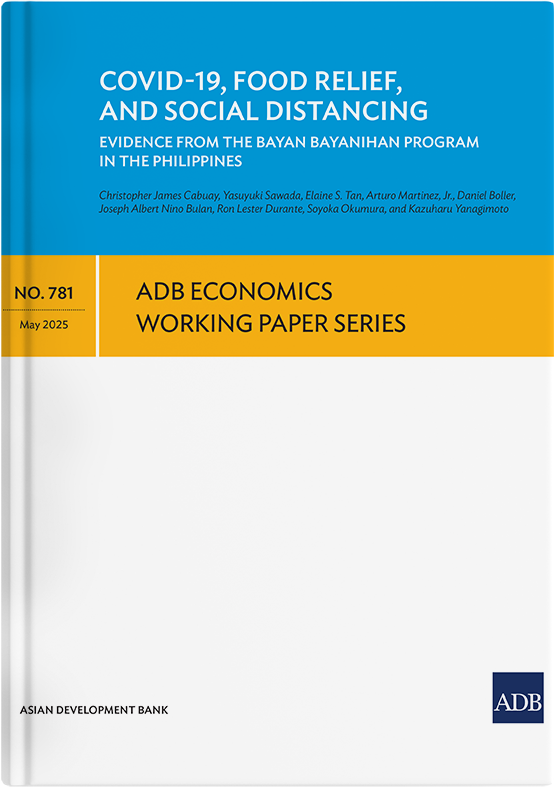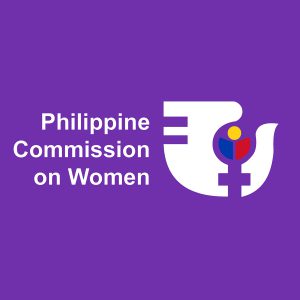
At the onset of the coronavirus disease (COVID-19) lockdown in the Philippines in April 2020, the Asian Development Bank, in partnership with the Philippine government and the private sector, implemented the Bayan Bayanihan (BB) food relief program which served approximately 162,000 households in the National Capital Region and nearby provinces. This study evaluates the impact of in-kind transfers on social distancing by examining the effectiveness of the BB program in restricting mobility by enabling households to stay at home. We leverage plausibly random variations in the timing of the rollout of the program by employing recent developments in estimating staggered difference-in-differences strategies to more accurately identify the effect of the program. We find supportive evidence that the program could generally discourage mobility. Our findings suggest that in addition to mitigating food insecurity, food transfer programs can also generate multiple dividends by helping families stay home and reducing the spread of COVID-19.
| Asset Type: | Publications |
| Collection: | International Organizations |
| Subject: | COVID-19, Impact evaluation, Mobile phone location data, Food program, Staggered DID |
| Author: | Christopher James Cabuay, Yasuyuki Sawada, Elaine S. Tan, Arturo Martinez, Jr., Daniel Boller, Joseph Albert Nino Bulan, Ron Lester Durante, Soyoka Okumura, and Kazuharu Yanagimoto |
| Publisher: | Asian Development Bank |
| Publication Date: | May 2025 |

